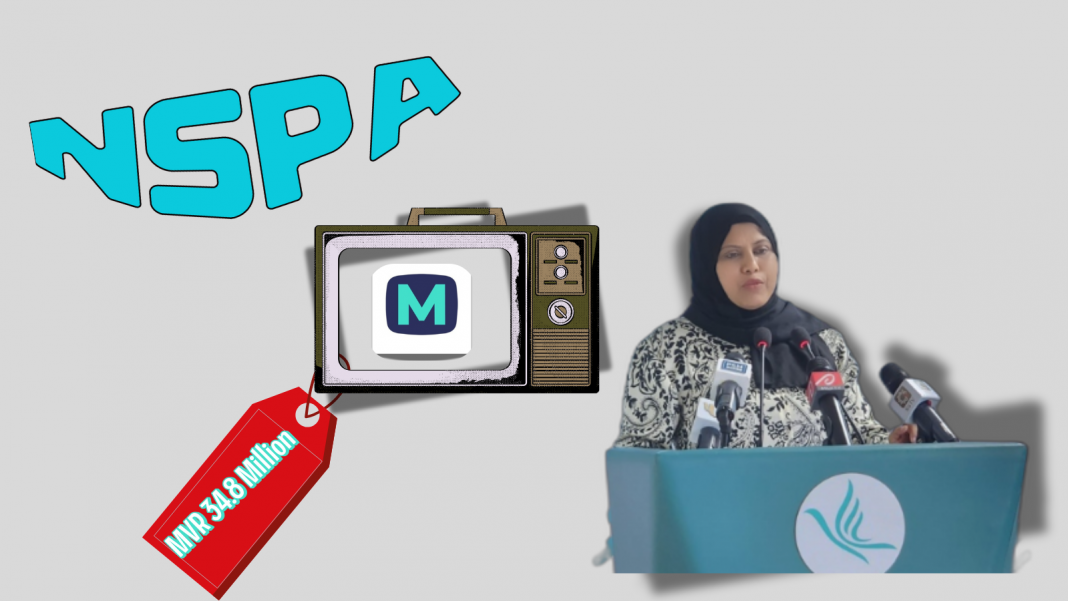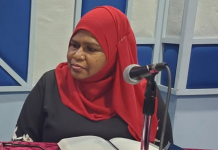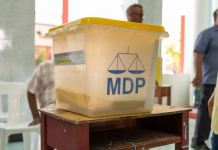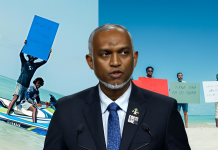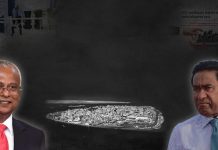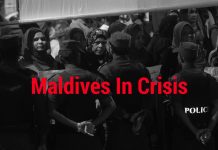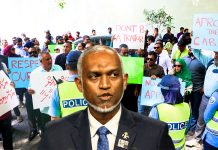The National Social Protection Agency (NSPA) has been accused of misusing funds allocated for social welfare to establish MMTV, a television channel with clear ties to President Dr. Mohamed Muizzu.
The scandal erupted when social media and opposition voices revealed that NSPA funds, intended to support the country’s most vulnerable citizens, were instead used to lease office spaces in M. Seeraazuge. Here, Maldives Media House Private Limited operated, utilizing two of the four floors for MMTV, while NSPA occupied the other two.
The financial details of the operation are particularly alarming. An agreement was signed for a five-year lease at MVR 34.8 million, with monthly payments of MVR 580,000, directly from NSPA’s budget. This arrangement was swiftly canceled following public outcry, but the recovery of the expended funds remains uncertain, with NSPA offering little transparency on the issue.
The setup of MMTV is mired in controversy, not least because the license was granted under questionable circumstances. Initially, the government attempted to distance President Muizzu from the project, but this narrative crumbled upon the revelation that the channel’s parent company was registered by Abdulla Zahir, a family member of the president and manager of his personal residence, with no prior media experience.
Government spokesperson and NSPA CEO Heena Waleed has been at the center of the storm, defending the administration’s actions but facing no immediate consequences despite the severity of the accusations. This lack of accountability is in stark contrast to actions taken against others in similar positions, such as the suspensions of Ibrahim Fazul Rasheed from the Housing Development Corporation and Mohamed Nihad from the Tourism Ministry, over unrelated corruption charges.
President Muizzu has publicly claimed ignorance of these dealings, which has only fueled speculation about the extent of oversight or possible direct involvement from the presidency. Critics are vocal about the apparent favoritism, pointing out that the absence of any formal investigation into Heena Waleed or the recovery of the funds suggests higher-level consent or protection.
The public’s frustration is palpable, with increasing calls for transparency and justice. The selective application of anti-corruption measures has led to widespread distrust, particularly when the scandal involves those in close proximity to the President. The demand for an independent investigation to ensure accountability and the restitution of misused public funds is growing louder by the day.

